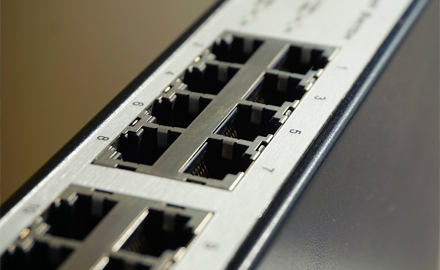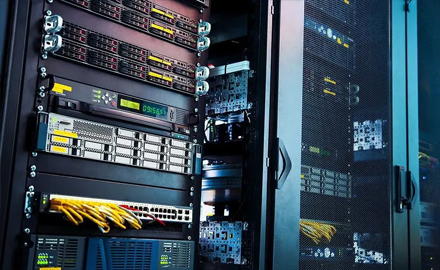The need for a router depends on the type of internet connection you have and the specific use case for your network. Let's break it down:
1. ONT/ONU (Optical Network Terminal/Optical Network Unit)**:
These devices are typically used in fiber-optic internet connections. They act as the demarcation point between the internet service provider's (ISP) network and your local network. The ONT/ONU converts the optical signal from the ISP into an electrical signal that can be used by your devices. In some cases, the ONT/ONU may have built-in routing capabilities, which means it can handle basic routing tasks.
2. Router:
A router is a networking device that connects multiple devices within your local network and forwards data between your devices and the internet. Routers typically have Ethernet ports and/or Wi-Fi capability. They provide local IP addresses to your devices, enabling communication within your home or office network.
Now, whether you need a separate router when you have an ONT/ONU depends on your network requirements:
1. Internet Connection Type**: If you have a fiber-optic internet connection with an ONT/ONU that has built-in routing capabilities and enough Ethernet ports to connect all your devices, you may not need a separate router. Some ISPs provide ONT/ONUs with routing features, allowing you to connect multiple devices directly to the ONT/ONU.
2. Advanced Features**: However, if you require additional features like network management, firewall protection, port forwarding, VPN support, parental controls, or advanced Wi-Fi capabilities (e.g., dual-band, mesh Wi-Fi), a standalone router might be more suitable. Many modern routers offer these features, which can enhance your network's security and performance.
3. Multiple Devices**: If your ONT/ONU doesn't have enough Ethernet ports for all your devices or if you want to use Wi-Fi and connect wirelessly, you will need a router. Routers allow you to share a single internet connection among multiple devices, including smartphones, tablets, laptops, smart TVs, and smart home devices.
In summary, if your ONT/ONU meets all your networking requirements and has built-in routing features, you may not need a separate router. However, if you need additional features or want to connect multiple devices to the internet, getting a dedicated router would be beneficial. Before making a decision, it's best to check the specifications of your ONT/ONU and assess your specific networking needs.

 CIOE2023: Pioneering the Future of Intelligent Communication with eNet
CIOE2023: Pioneering the Future of Intelligent Communication with eNet
 eNet GPON OLT Basics and Configuration
eNet GPON OLT Basics and Configuration
 What is FTTH? How Does it Work?
What is FTTH? How Does it Work?
 Application of Optical Transceiver Module in OLT
Application of Optical Transceiver Module in OLT